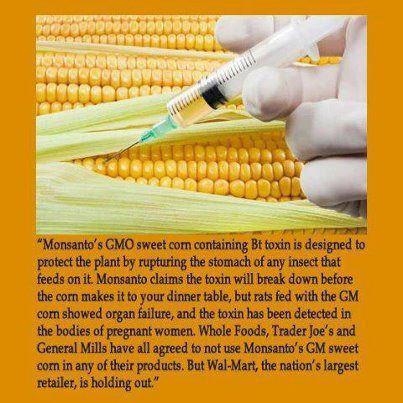One of my mother's friends posted
this CBS article to Facebook recently, and the story seems to be quickly making the rounds of many blogs and news agencies.
This article makes a couple claims, which I am going to go
through separately, then give a quick "big picture".
1) Claim "The grass is a genetically-modified form of Bermuda known as Tifton 85"
Tifton 85 is the name of the grass, right off the bat I can tell you
that is was developed in 1985 at the UGA experiment station in Tifton, GA. That's the easy part. A little bit of looking brought me to the
UGA site on Tifton 85. The page says that Tifton 85 is a
hybrid variety of grass produced from
cross-breeding a South African Grass with a bermudagrass. Personally, I
would not consider this a GMO, it was not produced via gene splicing or
other techniques in a lab, but rather by normal, everyday breeding. Similar to crossing a horse and donkey to get a mule.
Tifton 85 is a
sterile pentaploid. While sterility can be caused by chemicals and lab techniques (these are used to produce those seedless watermelons we all love), Tifton 85 is naturally sterile (like a mule) because it's a crass between two genera with differing chromosome numbers. Basically, it can't reproduce naturally as it has an odd number of chromosomes, so gametes (sperm and eggs) are unstable. So, mutation isn't impossible, but I'd say extremely unlikely. It is much more likely that a gene that is normally lowly expressed was
up-regulated due to adverse conditions such as drought or heat.
2) Claim: "Preliminary tests revealed the Tifton 85 grass, which has been here for
years, had suddenly started producing cyanide gas, poisoning the cattle."
Many common plants are
cyanogenic.
It is produced naturally as a part of plant nutrient metabolism. Cyanide functions as an
anti-herbivory agent in plants. The cyanide is typically stored as
cyanic glucoside (cyanide sugars). When the plant matter is damaged (chewed/digested) glucosidase enzymes break down these sugars releasing hydrogen cyanide gas (HCN). This process can also occur
naturally in the plant during stress conditions (i.e. drought, frost,
wilting) or naturally occurring damage to the plant(i.e. trampling, bruising,
etc).
High levels of nitrogen fertilizer can also increase HCN production in plants.
If the cyanide sugars and enzymes are high enough in the plant
before or during ingestion by the animal then the level of cyanide
production can be very high natural. Considering the very hot summer so
far (especially in Texas) I would guess that this pasture was just producing
very high levels of cyanide. Cattle and other animals can handle
very small amounts of cyanide, as they have evolved with these plants. But they have also
learned to avoid them. It's when the levels
are too high that there is a problem.
Cyanide production has been
known to be a problem in several
species of grasses commonly planted (Johnson grass, Sudan grass, clovers, etc),
though most reports I have found indicate that Tifton 85 has very low
natural production. For species with known high natural cyanide production it is recommended that livestock
not graze them unless they are fully mature or dried as hay (cyanide is
volatile and will dissipate when the dried plant is exposed to air). This is
not the first instance of cyanide poisoning occurring from a plant not generally believed to be a
high producer.
Big picture: Tifton 85 is a naturally bred hybrid grass, not a
lab-devloped GMO. Plants produce cyanide naturally, especially when growing
under drought conditions. While Bermudagrass isn't know to have high
levels of cyanide production, apparently in this case condition were
just right.




